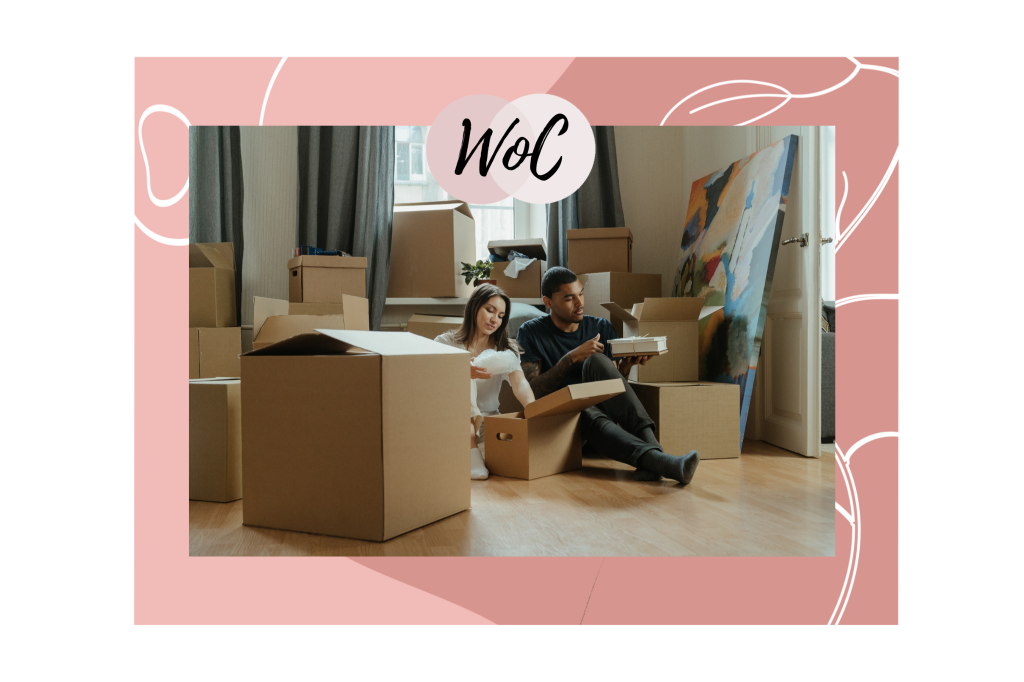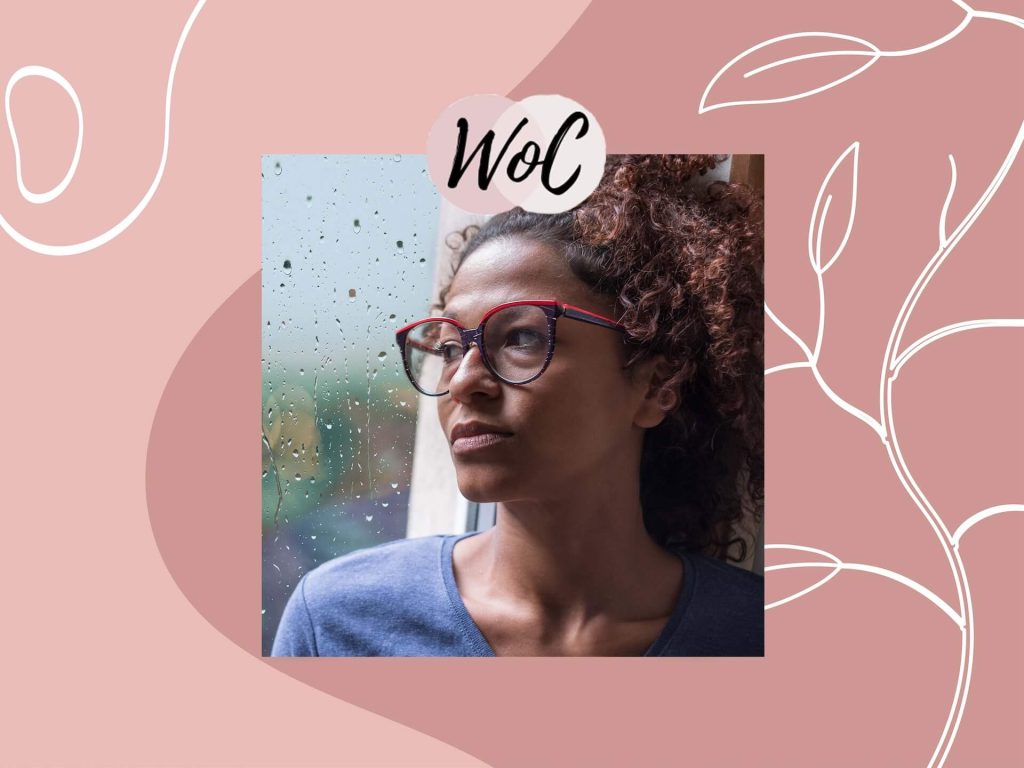The impact of social media becomes greater every day and the effect is visible for every person with a smartphone. We love our memes, tweets, stories, and posts, and we love seeing what other people are doing, but we also hear about (or feel) anxiety, depression, and addiction to social media. Let’s tackle the topic of social media, its impact on society, and how we can make the best out of it.
How long have you been online today? If we’re not on our phones, we’re scrolling on our laptops, computers, and tablets. Many people like to occupy their attention with fun, cute, and educational information, all of which are easily available on Facebook, Twitter, and Instagram. Have you ever noticed that you have trouble falling asleep, or that seeing certain posts intensifies your anxiety or depression? Then we need to talk about the impact of social media.
The First Step Is to Understand What Is the Major Impact of Social Media
We’re talking about a very powerful thing. In the technological age we’re in today, many things are shaped by social media, including politics, culture, business, and careers. Companies even ask to see what you post online when considering whether they should hire you or not. Your profile on some social media platforms acts like your digital fingerprint – it can show others what you like and dislike, who you’re in contact with, how you spend your time, and more.
The impact of social media on society is immense when it comes to spreading information (and misinformation). Different content can be published in a variety of contexts with the intention to provoke a specific reaction. For example, an image of Black women in the workplace with a racist caption will cause a different reaction than the same image with an inspiring caption, logically. Now that so many people are using social media, all kinds of content can spread across the world faster than ever before and can provoke the desired response from viewers if manipulated. The trouble starts when users are unaware of the potential power that content creators hold or are unaware of the potential power of misinformation.
What Are the Positive and Negative Effects of Social Media?
There are two sides to every coin. The issue we’re talking about affects all ages and personalities, so there isn’t a generic answer that fits every situation. However, the good and the bad have shown themselves clearly over the last years of using social media. Let’s start with the brighter side – the positive impact of social media is incredibly important:
- The biggest pro is staying connected with all the people we love. Being in touch with loved ones is also a great method for learning how to calm yourself down during isolation.
- We have access to all the news and we can get informed about anything that interests us.
- Online education has become normal.
- Remote work allows many employees to earn without leaving their homes.
- It has helped the marketing and advertising of all companies.
- Businesses have become omnipresent, personalized, and more engaged.
The negative impact of social media is actually why we’re addressing this topic in the first place. We live in stressful times, and a lot of bad things are happening all over the world. Many of us don’t even know how to deal with stress anymore, and we use social media profiles as a way to vent.
However, a study by the Pew Research Center has shown that women using Twitter ended up being more stressed than men because the venting also came with increased awareness of other people’s stress. Bad things are happening to teenagers as well – their confidence can get easily shaken, there’s the FOMO (the fear of missing out), the virtual world can be very addictive, and notorious cyberbullying makes matters even worse. Kids can become disconnected from reality and experience more and more difficulty making friends and communicating, while the online world helps our instability to grow.
Women struggle with unrealistic images – they have to face all kinds of stereotypes and generalized expectations of “what they should or shouldn’t be and do.” Problems like these continue to add up. This pressure of a perceived standard is especially prominent in women of color.
Social Media Use Increases the Spreading of Fake News
Another global problem that is affecting all of us is the spread of false information on purpose or accidentally. People like reading sensational stories, and sometimes reality isn’t always reflected accurately in an article. The audience often doesn’t even read beyond the headline, and the fake info spreads like wildfire. Eyewitnesses can overexaggerate, and a journalist can publish just one side of the story. It’s far too easy to get the wrong image of an event, and social media allows it to continue until there are half a million people believing in something that didn’t happen.
The Society in 2021 Must-Try Hard to Stop the Spread of Misinformation
The potential for harm of fake news sites that users share on social media is very strong. False news can circulate for months affecting many people, causing them pain, stress, or anxiousness. There is a way to stop this data from spreading and you can start with yourself – be extra careful when sharing something that could cause harm to others. Do a little extra research – check the source of the information and make sure that the website is valid. If you don’t have time for research, it’s better not to share it than to share something you might regret.
What Is the Impact of Social Media on Students and Their Mental Health?
The impact of social media on youth – kids and students that are still maturing and growing – is bigger than on adults. The youth seek a group they can belong to and they behave similarly to those they surround themselves with. A lot of young people are glued to their phones and computers, which has consequences. Their self-image, inner peace, and confidence are balancing on a very thin foundation made of social media validation and approval.
The number of likes can cause them anxiety, and even depression. The fear of missing out is strong and they have a need to share a lot of details from their lives to keep their friends updated. One of the main issues, especially on Instagram, is sharing “perfect” photos and moments that in reality take up only a small percentage of their life. Presenting your life as perfect, photoshopping photos, and acting happy just for social media are some of the biggest problems in today’s society. It causes young girls and boys to compare their lives to others and to feel miserable and vulnerable because they believe another person is “perfect”, and they aren’t.
What Is the Impact of Social Media on Relationships?
There’s also the impact of social media on our lives and the relationships we have. Many fights, breakups, and even divorces happen because of a post or a like on social media. Stalking other people on social media because of jealousy is another big problem in relationships. One of the best self-care ideas for women would be to minimize scroll time and focus on themselves and their inner peace.
What Should You Do When the Impact of Social Media Becomes Toxic?
There’s a great risk of becoming a victim to the avalanche of information that we receive each moment via online platforms. As soon as you notice that you’re feeling unhappy because of something you see on Facebook, Twitter, or Instagram, consider taking a break from it. If afterward the bad feeling doesn’t subside, consider making a first therapy appointment. If you feel that you can’t cope with something by yourself, don’t hesitate to find someone who can help you.
The Impact of Social Media on Women of Color Is an Important Topic
Currently, only 7.1% of Hispanic and 8.1% of Black women use mental health services. Finding an African American or Latina therapist for women is often difficult but resources that can provide therapy are available to help should you find yourself struggling with problems caused by social media. The key is learning how to choose a therapist of color that best suits you. If you’re wondering if therapy works with these kinds of problems, you can be sure that your therapist will do all they can to get you out of these problems.


